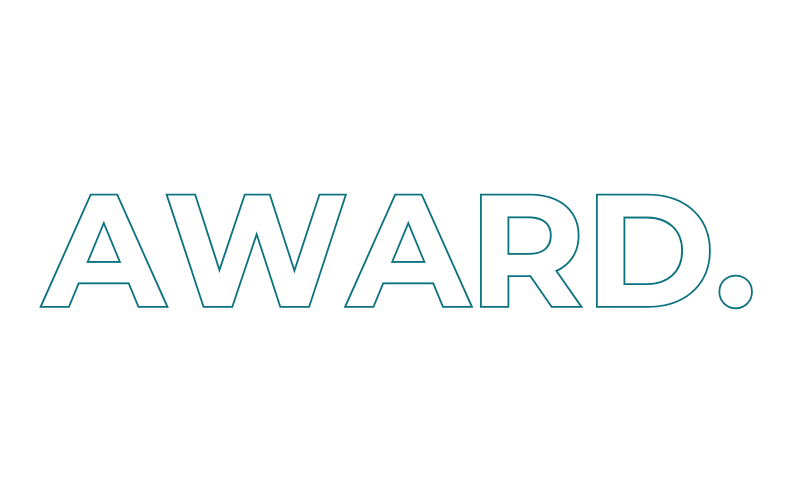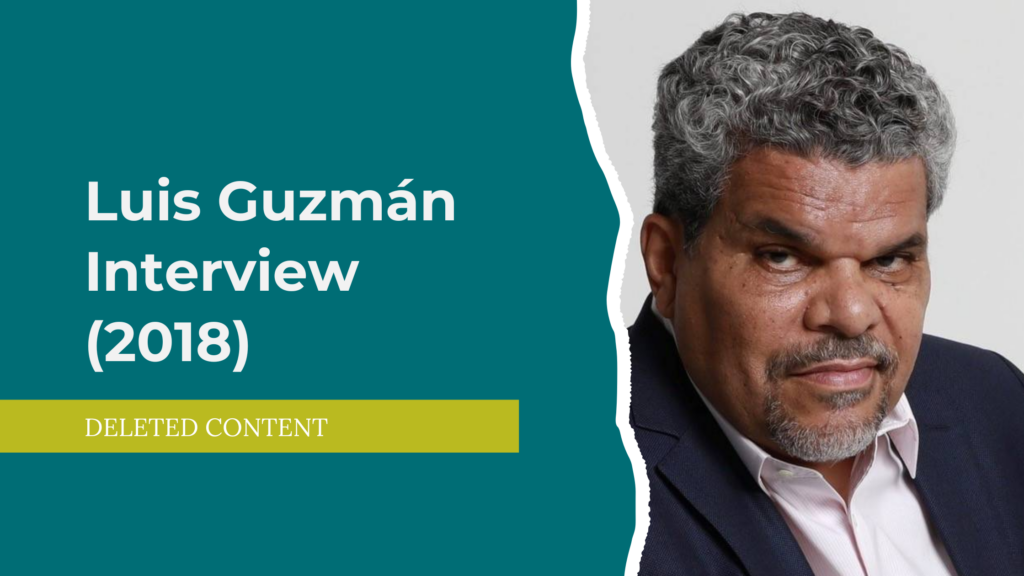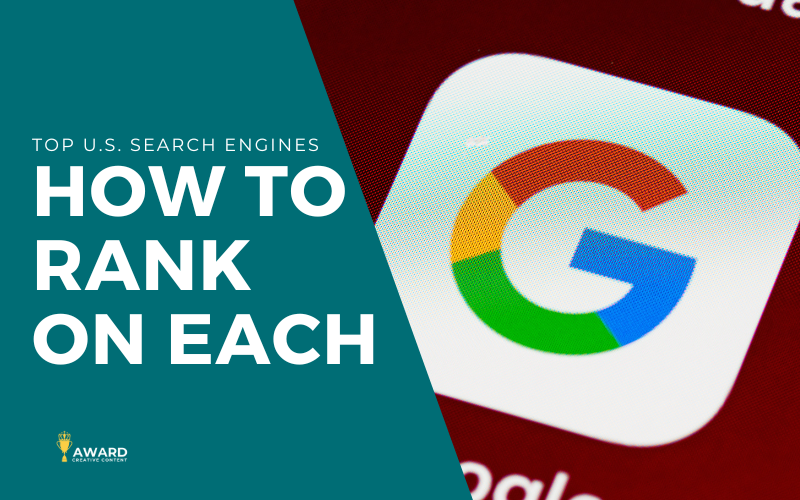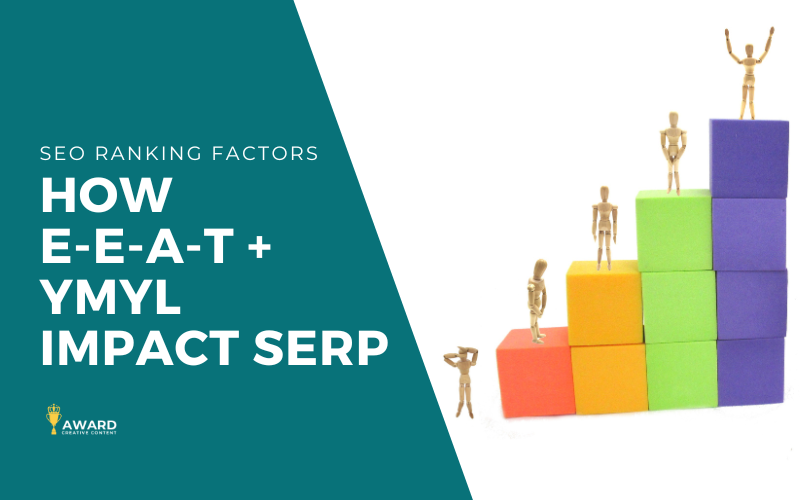Throughout my career, I’ve crafted content for a diverse mix of clients across multiple industries. Unfortunately, some of these pieces are no longer available as clients have closed, shifted strategies, or removed posts.
In my “Deleted Content” series, I’m breathing new life into these works, re-sharing valuable insights, unique strategies, and compelling stories that deserve an audience. Each article has been refreshed and updated where needed—because, like any dedicated writer, I can’t resist the chance to improve my work.
Interview w/ Luis Guzmán (2018)
Over the past several decades, Luis Guzmán has built a reputation as one of Hollywood’s finest character actors, known for unforgettable roles in Boogie Nights, Traffic, Carlito’s Way, and in my personal opinion, the best guest star on the greatest show of all-time, Community. Despite the acting accolades, Guzmán’s impact goes far beyond the screen.
Despite a career that’s often placed him in supporting roles, Guzmán is a leading man in real life, dedicated to uplifting communities and advocating for social change. I caught up with Guzmán in October 2018 to dive into his thoughts on cannabis, community activism, and why staying humble remains his greatest gift.
Andrew Ward: Back in the day in New York, you were a social worker before you got into acting.
Luis Guzmán: Yeah, I was a community activist first. [This was in the] Lower East Side before all this fucking bullshit gentrification and all the overpriced apartments came to be. The Lower East Side looked like a bomb had hit the neighborhood: abandoned buildings, abandoned cars, empty lots, glass bottles all over the place. Coke dealers, dope dealers, you know.
I was a part of a group of people who were trying to fix the neighborhood, put some culture in place. Put some of our own community development in to keep our community intact. That’s what I was about in the beginning. I had influences like Chino Athea, Armando Perez. You got DeNiro, a bunch of poets, Chavez came down to the neighborhood. Those are my influences as a teenager.
Andrew Ward: What did your experiences teach you about how the justice system treated people in that situation?
Luis Guzmán: I call it urban genocide. There was a time when we had people like the Black Panthers and the Young Lords. The only way the powers that be were gonna be able to slow that stuff down was to flood the neighborhoods with heroin and coke and dope. It kind of pacifies people.
I call that urban genocide because people that would otherwise be in good positions as leaders were fucking drug dealers. The reason I call it urban genocide is because that’s exactly what it was. A lot of young people died from cirrhosis of the liver because that was really bad, cheap fucking wine they used to buy for $1.50. I sold crates of all those things. I never dealt drugs, but I did my share. Even though it was our environment, we were socially conscious at the same time.
Andrew Ward: When did you realize it was time to get into acting?
Luis Guzmán: From being a social activist, I went into being a youth counselor and worked at that for a while. The acting thing was a total accident. I was not thinking about it or dreaming about it. I was not pursuing it. It was just something that happened by chance.
A couple of my young people didn’t show up one day for my program, so I was on the street looking for them and I ran into a friend of mine that I hadn’t seen in a few years. He told me he was writing for a TV show and would be looking for people. He gave me a phone number, I went down and auditioned. I’m on the series premiere of Miami Vice and, truth be told, I just wanted to make enough money to buy a used car I could drive to the beach, man.
Then I went back to work as a social worker. I did that for five or six years before I got into the business. I would get a bit part here and there. The way I was looking at it, it was my passion to help people as a social worker. I’m proud I did that, but after a while, things became very bureaucratic. So much paperwork, you get burnt out, and then at that point I decided to do acting as a full-time thing.

Your career spans more than 150 roles. What have been your favorites to play?
I’ve had many. My role in Q & A by Sidney Lumet, my role of Pachanga in Carlito’s Way, Anger Management, my three movies with Paul Thomas Anderson—Boogie Nights, Magnolia, Punch Drunk Love—and most recently I did a TV show for three years called Code Black where I played a genius trauma nurse.
That was a very definitive role for me because you get the worst of the worst with trauma. Even though it was acting, it’s like, wow, this is what really comes in the trauma room. Somebody might die in your hands, somebody might get the opportunity to make it home. That was a big role for me. I don’t have just one favorite. The Count of Monte Cristo was also a great role.
I’m just really proud of everything that I’ve done. It was like one of those things where I’ve been blessed with the opportunity to work on wonderful, great projects with great directors, great writers, great actors, great crew, you know. I look back on it and say, “Wow, shit, that’s pretty badass.” I don’t have that one thing. I’ve been blessed with quite a few.
In a recent interview, you said you like to be challenged as an actor. Are there any other challenges that you’d like to take on in your career?
I just like working on new material, and good material is what challenges me, other than developing my own, too. I have a couple of projects, and we’re trying to push them through. I just like working on movies with people. I just finished doing a bunch of episodes of Shameless. I’m working on The Godfather: Harlem, which is about Harlem in 1953. I’ve got another project for five months with Ben Kingsley. Working with William H. Macy, a badass and a dear friend. Forest Whitaker is another badass. What can’t you say about Ben Kingsley?
The business keeps giving me wonderful projects, with great actors, great artists. I couldn’t ask for anything better, man.
I heard you love cooking. Is that right?
Bro, anything, anything man. I love making seafood, vegetable soup, and I love making salad. I made some tortillas, eggs with fresh garlic and onions and kale, haggis, blueberries and goat cheese. You know, keep it healthy. Keep it simple.
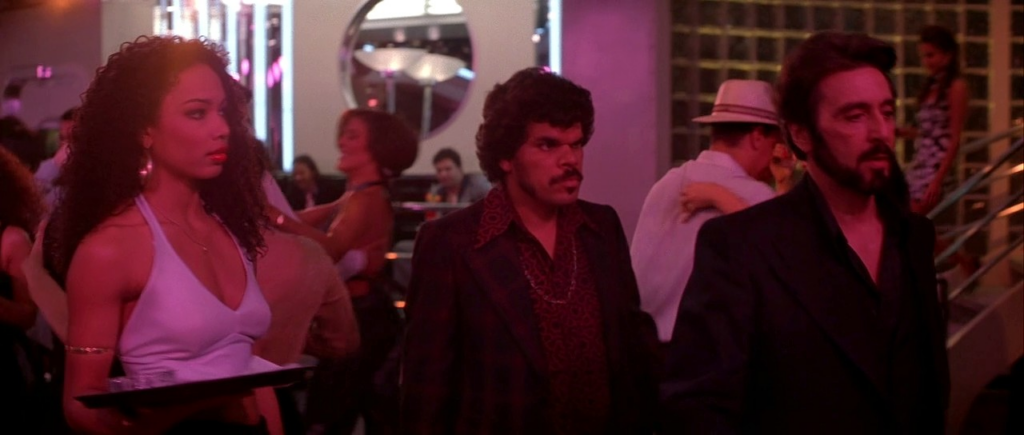
Growing up in the Lower East Side, what was your experience with cannabis like?
Back in those days, we had stuff like Pie weed, we had Panama Red, we had Skunk. We had brown weed. Yeah, and it was always finagling in the park with the guys that used to sell joints. You would always try to get like eight joints for five bucks and settle for like three for five. Back in those days, they didn’t lace stuff. The bad weed that you would get had a lot of fucking seeds in it, and there were no refunds on them. The weed back then was decent, because it wasn’t laced with pesticide.
You live in Vermont today. Are you still active in the cannabis scene?
Me and my buddy are growing hemp so we can make some CBD oils. As far as the cannabis thing goes, we all grow our own individual stuff. Whatever’s allowed, and we have some really great quality weed up here. I mean really good stuff. All growing natural, beautiful-looking bud. You go on Instagram and put in Vermont weed, and you can see some of the people growing and pictures of their bud. Really natural stuff.
Are you making CBD oils for personal use or business?
Both. CBD is the present, the future. I mean, my god, it’s all natural. It’s for pain, it’s for sleeping, it’s for anxiety, and it’s for cancer. You put it in the oil, you put it in the ointment. You rub it on, and not only does it give you pain relief, it also heals as it goes into your skin and down into your muscle. It’s an all-in-one healing medicine. Nobody’s overdosed on CBD. Nobody’s going to become addicted to CBD.
More Articles from Andrew Ward
Over his career, AWARD Founder Andrew Ward wrote over 1,000 articles for various publications. Unfortunately, many have gone offline or aren’t consistently available. And until they can be accessed regularly, we’ll occasionally publish some of our favorites right here on the AWARD blog. Click below to check out other articles by Andrew:
- Case Study: Cannabis and Mental Health Series w/ High Times
- Centralia: Exploring Pennsylvania’s Lost Graffiti Highway and Ghost Town
- Ron Funches Talks New Podcast, Sour Diesel and Pro Wrestling
Hope you enjoyed this look back into my cannabis content history. Check out more editions of Deleted Content, original blog posts, case studies and more over at the AWARD cannabis blog.
